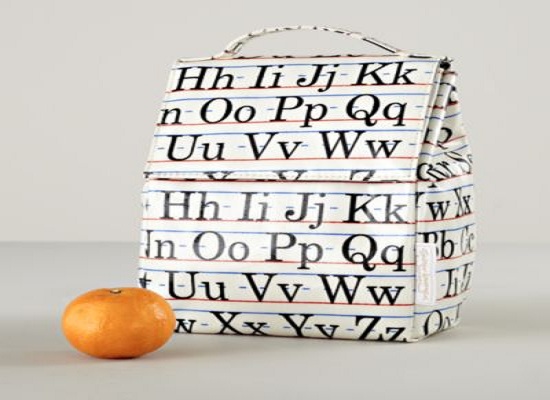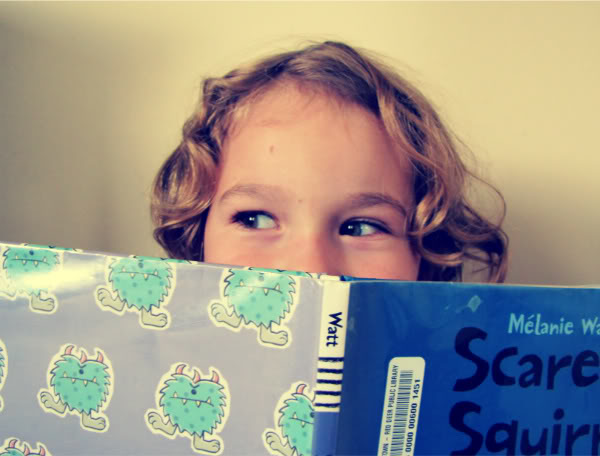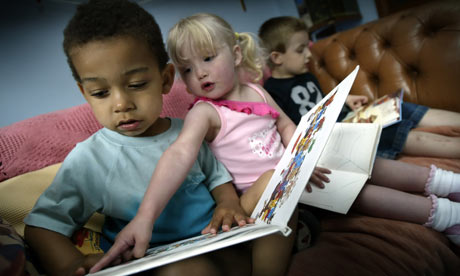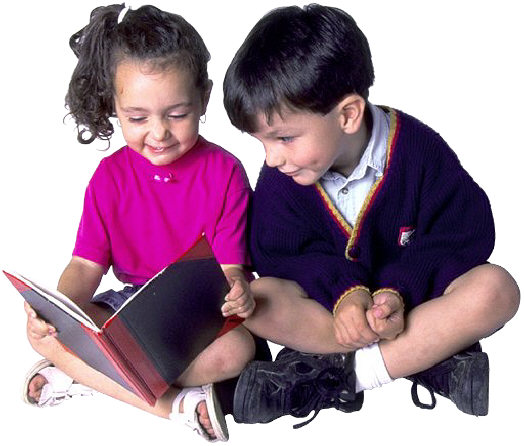The back-to-school season is a great time of year to reassess your child’s progress and evaluate whether he is reaching his developmental milestones. If your little one is heading for kindergarten soon, help him get ready by introducing the alphabet. Children can begin to recognize letters around the age of two, but they are unlikely to master the alphabet for a couple of years.
As well, remember that all children progress at different rates. Ignore the mom in your child’s play group who brags about how she’s already looking into medical schools for her two-year-old. However, if you do believe that your little one might be falling behind in his developmental milestones, it never hurts to have him evaluated by a speech-language pathologist (SLP) for a possible speech and language disorder. You can also look into the resources in Speech Buddies University for parents. And in the meantime, help your child prepare for his academic career by focusing on the basics: the alphabet. Here are some alphabet apps that can help you and your child prep for school.





